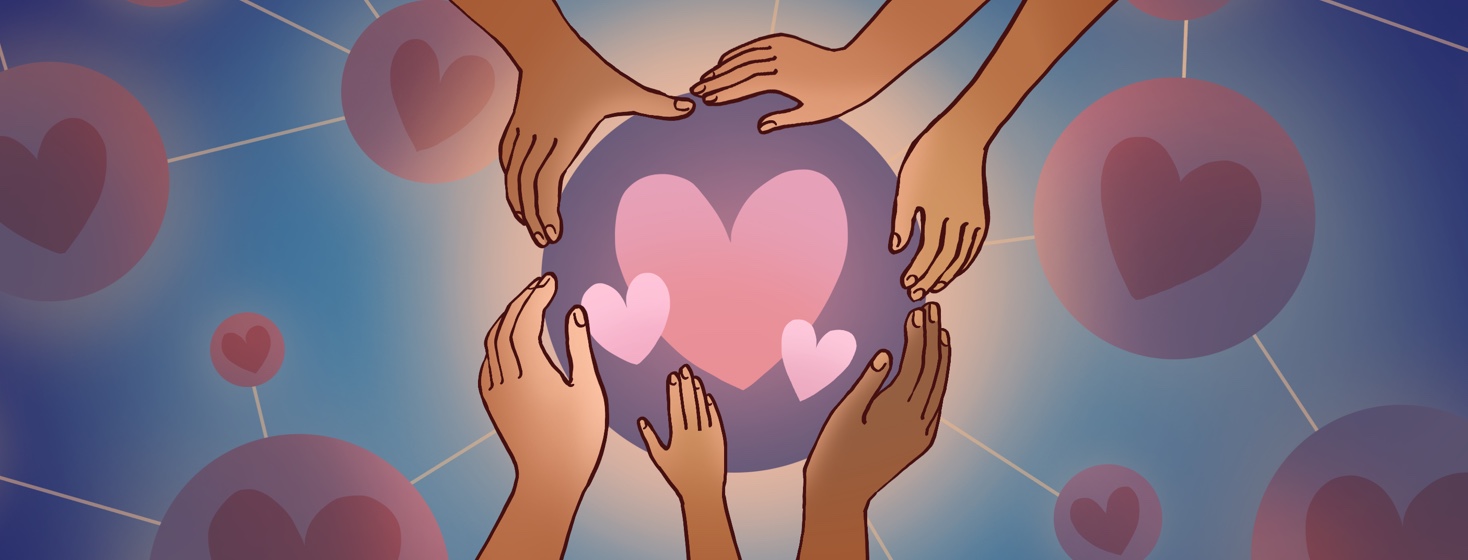Navigating Alzheimer's Support Groups
When I was first diagnosed with Alzheimer's I looked everywhere for help. I was in my 40s when I was diagnosed and there were not a lot of people out there that I could find diagnosed at a young age like me. I talked with lots of organizations and looked at some support groups in my area, but that didn't work for me.
It did not work because those of us attending were at such different stages in this disease that I didn't feel like we were able to help each other. And, there were not many people willing to come forward with their diagnosis, so the numbers in the groups were small.
One organization that did help me though was the Alzheimer's Association.
Building support through an early stage advisory group
Through my local chapter, I was appointed to the Alzheimer's Association Early Stage Advisory Group. This group consisted of 14 individuals with younger on-set Alzheimer's from all around the country. The Association convened us to get input about possible programming for those diagnosed at a younger age, as well as advising on public policy issues surrounding Alzheimer's.
It wasn't a support group, but it became a support group since we were all in the same stage and we faced lots of challenges that others diagnosed later in life do not face. Many of us were working when we were diagnosed. We had to deal with employers, medical leave, insurance, Family Medical Leave Act (FMLA) issues and social security disability.
We all learned a lot from each other and it made us feel as if we made a difference in helping to put a face to some of these issues.
Finding support after the advisory group ends
The term on this advisory group was only for one year. So, after my term was up, I felt a little lost. Many of us stayed friends even though we lived thousands of miles apart. But, in time, communication became difficult and not as frequent.
So, I tried to search for some other support groups, but there were none in my town. The closest was about an hour and a half away and met once a month for lunch. That didn’t work for me.
Finding support in family and friends for everyday challenges
My support group now consists of my friends and family whether they know it or not! It is hard for me to share some of my really bad times with my friends because I don't want to sound as if I am a burden. However, on the other hand, if they don't know what I am experiencing, they don't know how to help.
When I am having a bad day it is hard for me to communicate my feelings and they understand I am not being rude or stand off-ish – it just means today isn't a good day. If I call one of them and just ask them to let me talk, they will. If I am unusually quiet while around them they don't take it personally.
My son and his family live an hour away and they are busy with working and their kids so I try not to bother them, but I know they are only a phone call away if I need them. Sometimes I just need to hear their voices to calm my spirits.
Creating a flexible support system that fits your needs
The thing to know about support groups is – it can be what you need it to be. It does not have to be people meeting every month and talking. And, when your needs change so can your support people. It has to be the right fit for everyone.

Join the conversation